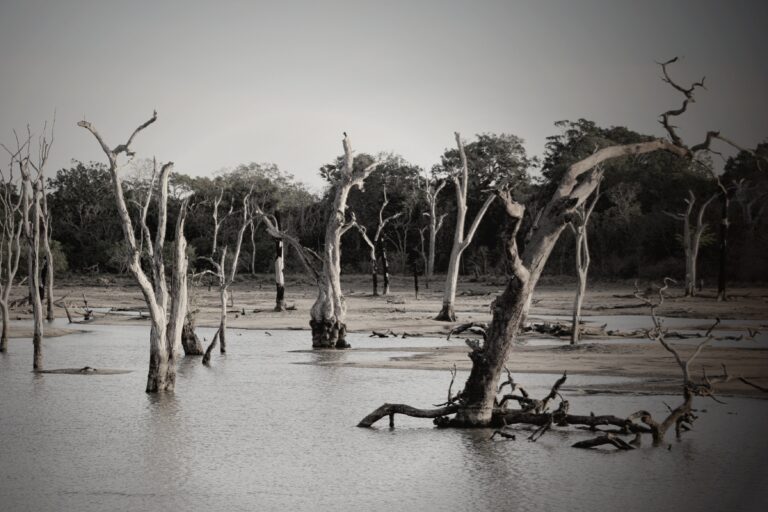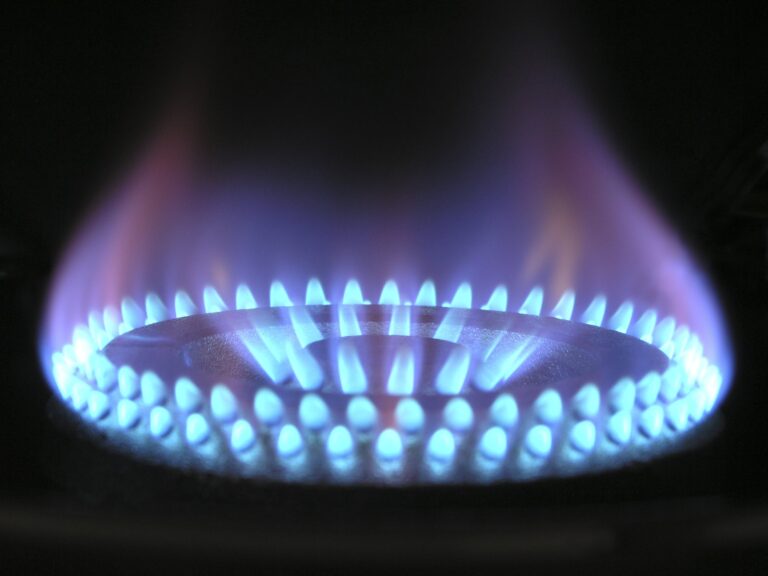Is the syrup on your springtime pancakes younger than usual? blame climate change.

Are you a freshness freak about maple syrup? Do you prefer the stuff you pour on to your springtime pancakes to be of the most up-to-date vintage possible?
Well, this year — especially if you live in the Midwest — you’re in luck. Why? Because the warmest winter on record has led many producers to start tapping their maple trees for sap a month or more earlier than they normally would.
MORE ON THE EFFECTS OF CLIMATE CHANGE: Here’s One They Surely Overlooked: That Climate Change Could Unearth Cold War Nuke Debris.
MORE ON THE EFFECTS OF CLIMATE CHANGE: Enjoying That Strawberry? How Climate Change Is Taking A Horrifying Toll On Farm Workers
In Wisconsin — the fourth-largest maple syrup producer — Theresa Baroun, executive director of the Wisconsin Maple Syrup Producers Association and owner of Maple Sweet Dairy sugar bush in De Pere, told the Milwaukee Journal Sentinel that this year’s weather has led to producers throughout the state tapping and cooking sap anywhere from a couple weeks to two months early. “For maple sap to run, it needs to be freezing at night and above freezing during the day,” Baroun said. “With the weather we’ve had this winter, it’s been really good for maple trees to run.”
Baroun, who operates a maple grove in De Pere, near Green Bay, said they normally tap in mid-February. This season, they began at the end of January.
Even in the north of the state, it’s pretty much the same story — and something that upsets rural rhythms. “It’s just very disorienting,” Deerbrook farmer Jeremy Solin told the AP after he collected sap from trees unsurrounded by the usual snow cover.
And early maple syrup isn’t the only result of a record warm winter; in Washington, D.C., the city’s famed cherry blossoms are already at the “floret” stage — little flowers in the blossom buds — and are expected to bloom at the earliest date on record, perhaps even this coming weekend.
Both, of course, are very sweet, but also truly troubling.
More from ClimateCrisis 247
- Phoenix Posts 13 Days Over 110 Degrees
- Florida Homeowners Face Drastic Home Price Cuts
- Tampa Real Estate Continues To Fall As Miami Softens
- Climate In A Bottle






